Basic Life Support Course
- 3 hours long
- Delivered explicitly over 8 modules
- On site training clarification at work or home
- Level 2 certificate issued valid for 3 years
What is Basic Life Support
Basic Life Support (BLS) is a procedure carried out after identifying life threatening conditions. At McCann Training Solutions we are proud to be able to deliver a course to cover this area. This can include conditions such as cardiac arrest, respiratory arrest, also choking to mention but a few. The level 2 BLS course is designed around identifying these conditions. The course equips you with the skills albeit to be able to intervene and potentially rectify these life threatening conditions. The 3 hour long course is broken down into 8 modules chiefly.
- Module 1 Introduction
- Module 2 What is First Aid
- Module 3 Action in an emergency
- Module 4 Primary ~Survey
- Module 5 Secondary assessment
- Module 6 Resuscitation & AED
- Module 7 Disorders of respiration
- Module 8 Course closure
Module 1 Introduction
Module 1 allows introduction to the delegates of the requirements in the course. The qualification is set at level 2 on the Regulated Qualification Framework (RQF). The certificate has a validity of three years upon completion altogether. To requalify the entire course must be sat again. The Health & Safety Executive (HSE) do however recommend annual refresher training. There are intermittent brief assessment processes during the course. These allow for you to be able to demonstrate competence through practical deliveries and oral questioning.
Module 2 What is First Aid
First aid is the initial treatment provided to the injured, sick or ill. This requires the use of basic equipment found inside a standard first aid box. The basic treatment done well aids in the outcome. This care will continue until the arrival of professional medical assistance. The aims of first aid are always maintained here
- Preservation of life
- Alleviating suffering
- Prevention of situation worsening
- Promotion of recovery
Module 3 Action in an emergency
Action in an emergency situation is imperative. maintaining a clear focus is key to success. In this module we will look at what actions should be took on arrival at the scene. A planned approach is important to calmly control the situation.
- Safety & protection of yourself doubtedly, equally the injured.
- Hazards dealt with evidently
- Assess the situation equally
- Prioritise casualties following
- Environment conditions later
Module 4 Primary survey
Module 4 the primary survey is a methodical approach to gain information emphatically. Your own safety must come first above all else. Dangers can present in many different formats. Situations will differ offering different challenges. Responses from your patient will depend on likely causes and the effects of these. Airway and breathing issues will present life threatening conditions and are dealt with first.
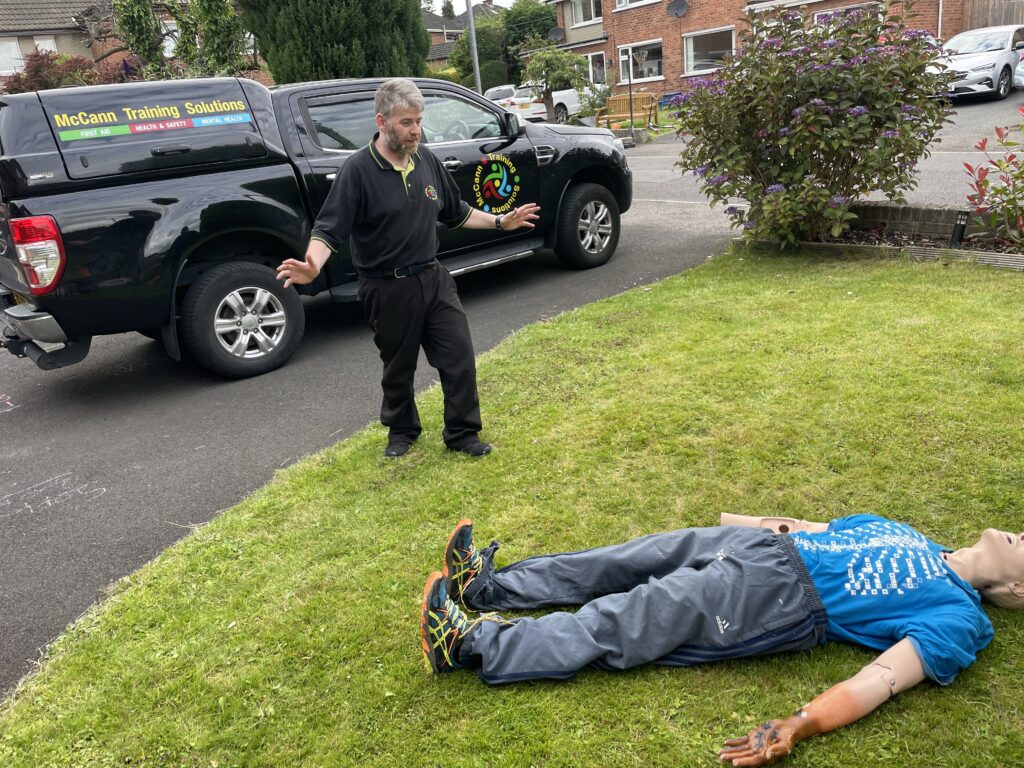
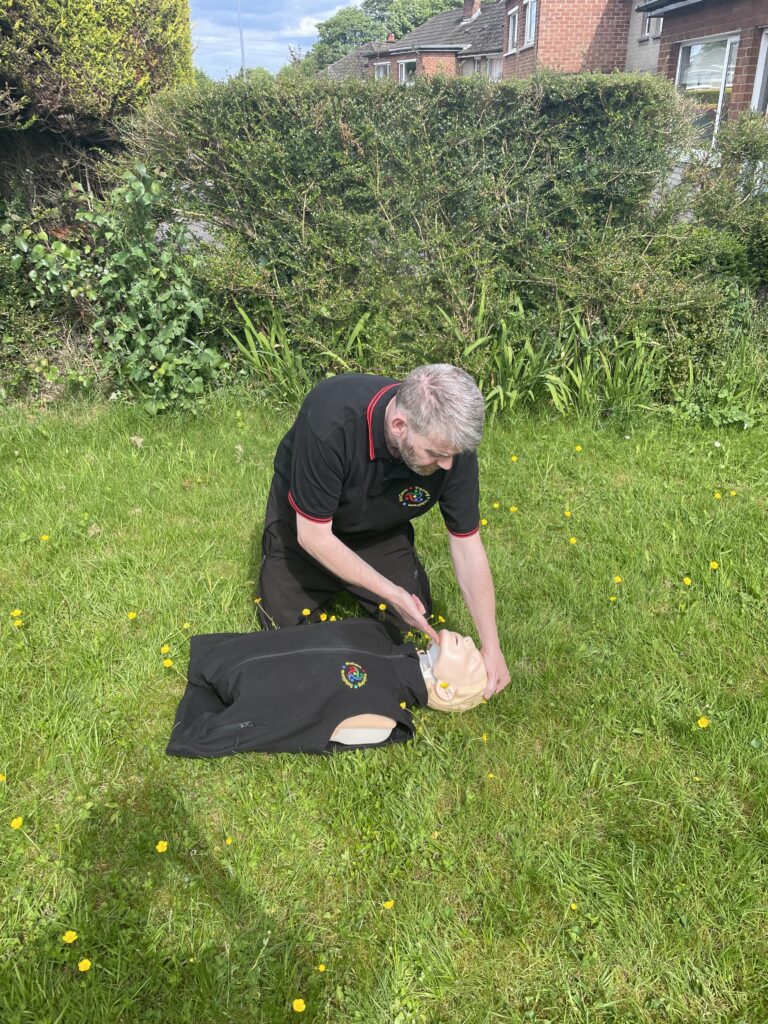
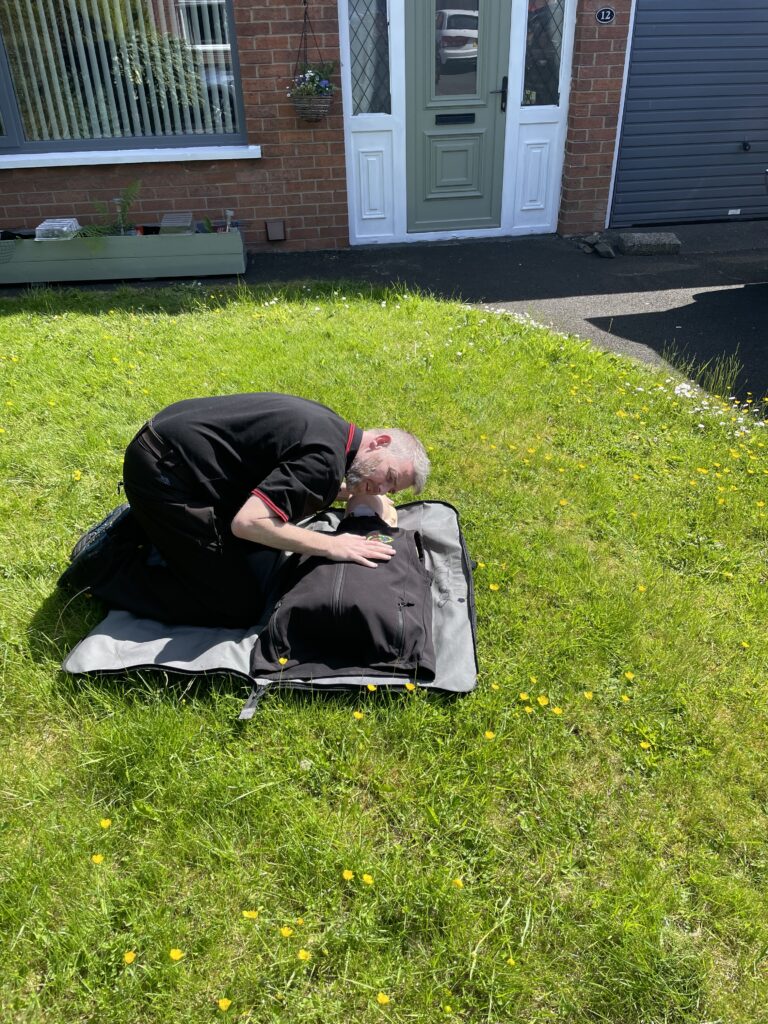
Module 5 Secondary assessment
The purpose of the secondary assessment is evidence gathering. If the patient is conscious oral questioning should be conducted. Obtaining history combined with signs & symptoms aids in the course of direction you can take.
- Signs & Symptoms (what you see, hear, smell, touch and taste combined with what you are told).
- Allergies
- Medications
- Previous or past medical history
- Last oral intake
- Events leading into
Module 6 Resuscitation & AED
In module 6 you will be taught the correct techniques and procedures. Therefore as a result lifesaving. There are four steps in the chain of survival, three of these are conducted by the first aider.
- Step 1 Call for help doubtedly important
- Step 2 Early CPR must be initiated eventually
- Step 3 Use of AED generally with CPR
Resuscitation is step 2, you will be taught correct techniques and procedures in module 6. There are a variety of processes depending on several factors such as age and cause. Hence the differences.
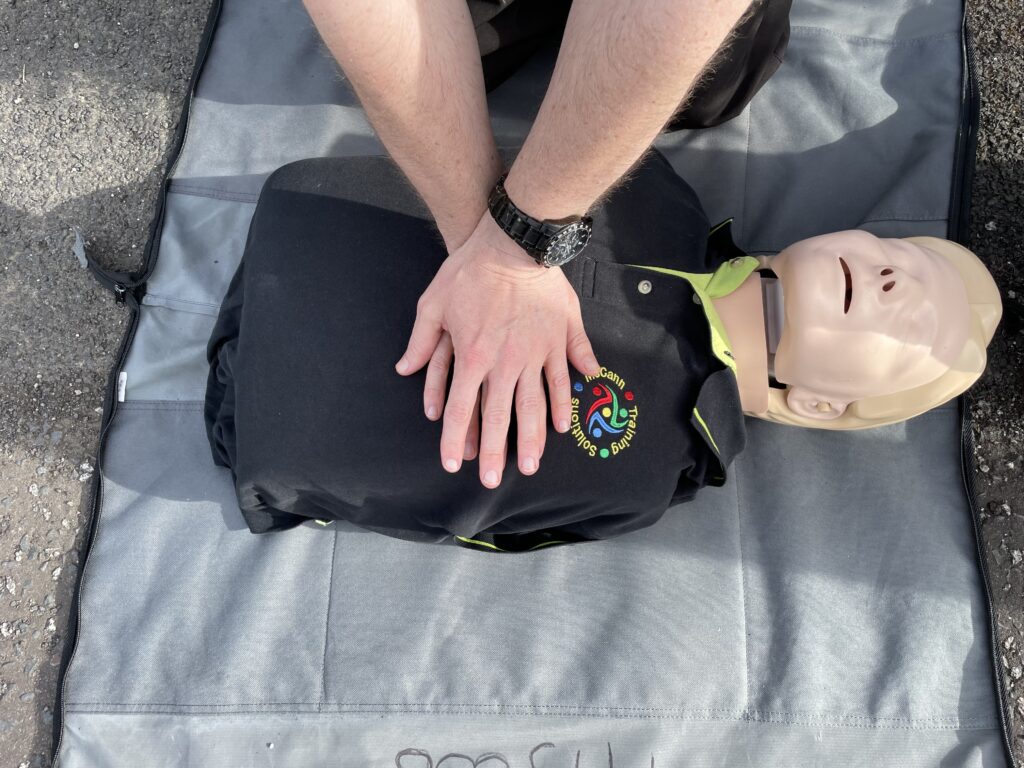
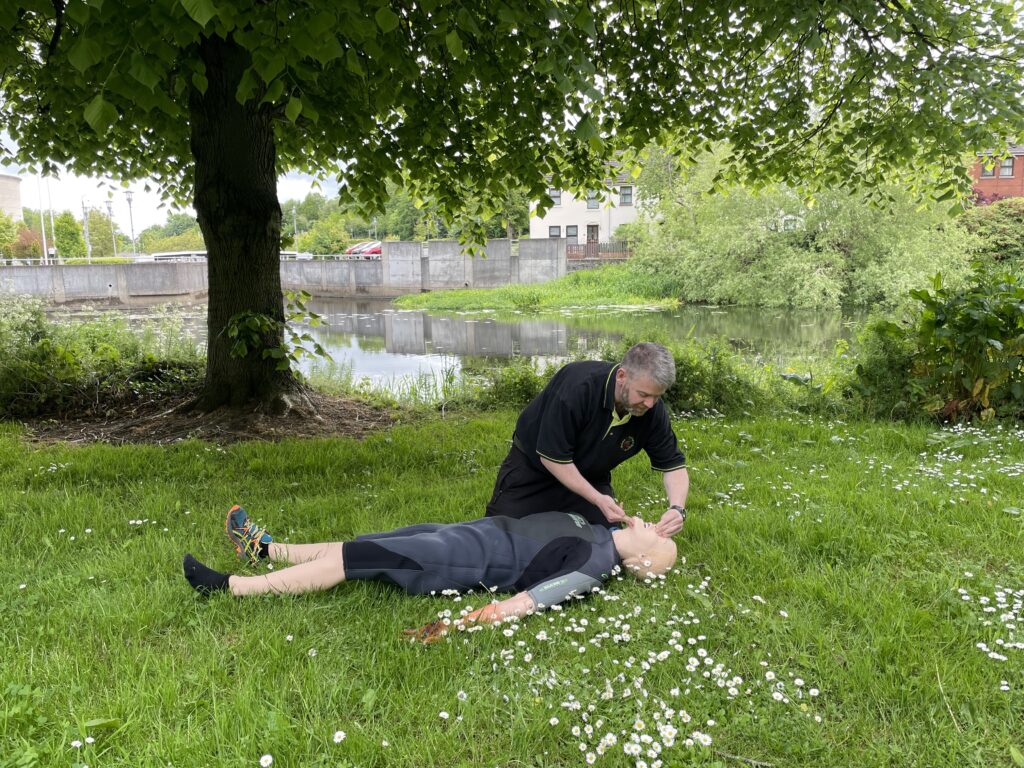
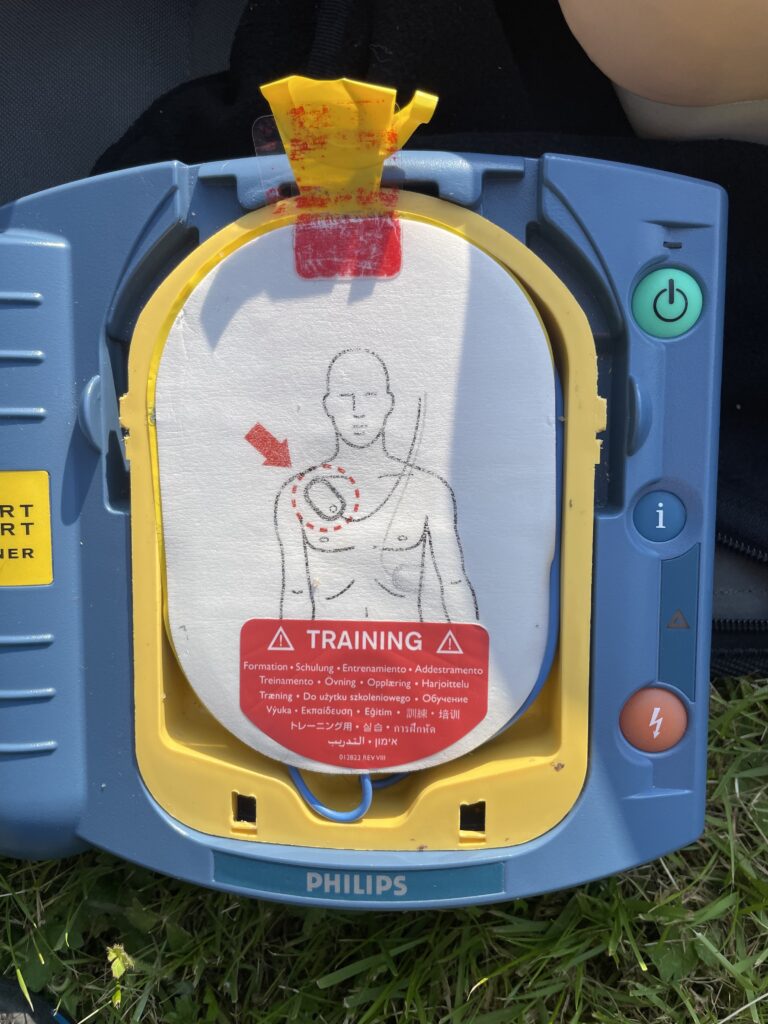
Module 7 Disorders of respiration
In BLS choking is a common problem, but early intervention is critical. In module 7 you will be taught basic skills in dealing with an adult who is responsive whilst choking or unresponsive. Simples skills such as back blows or another technique is abdominal thrusts, these can be easily implemented and basically effective.
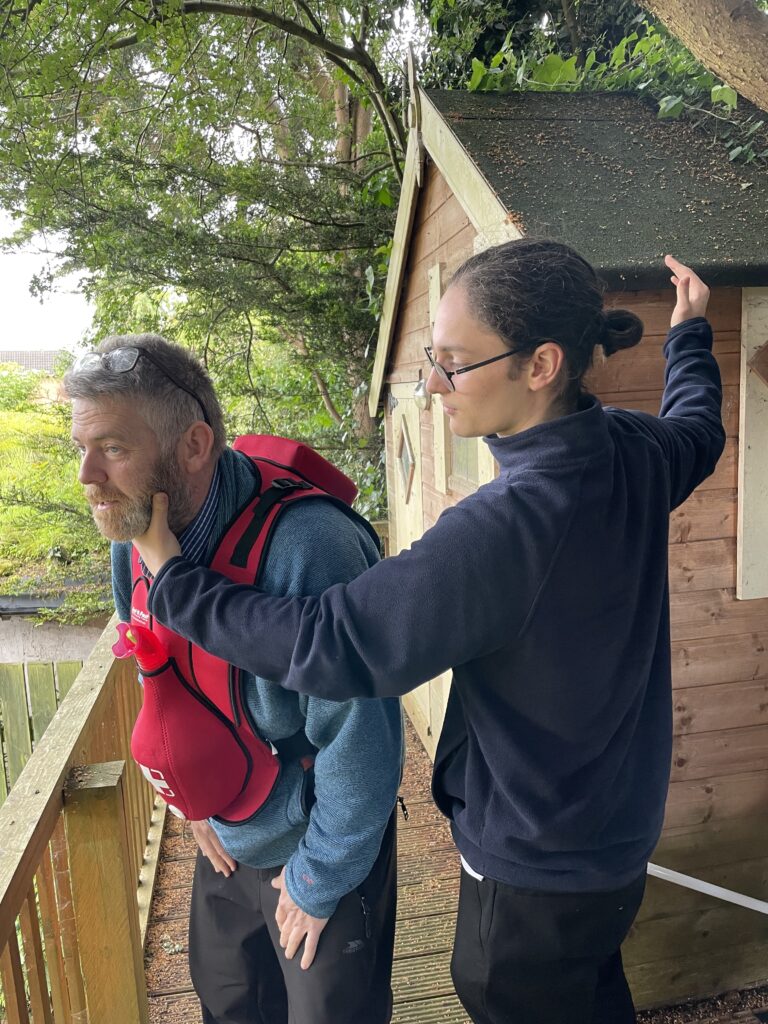
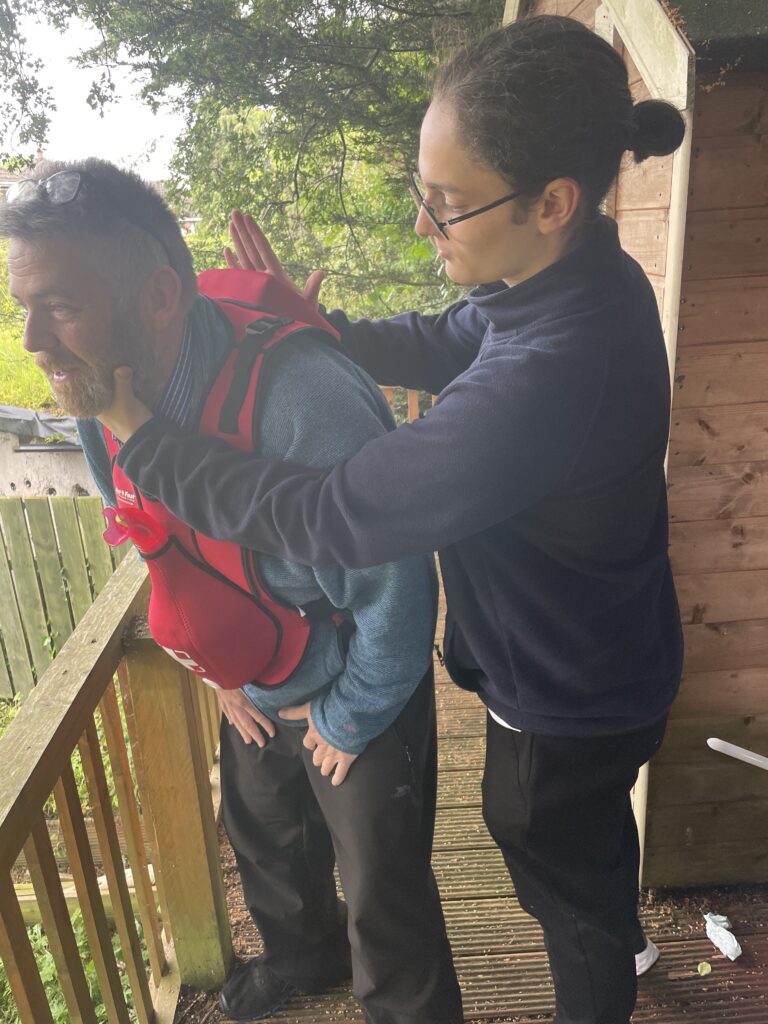
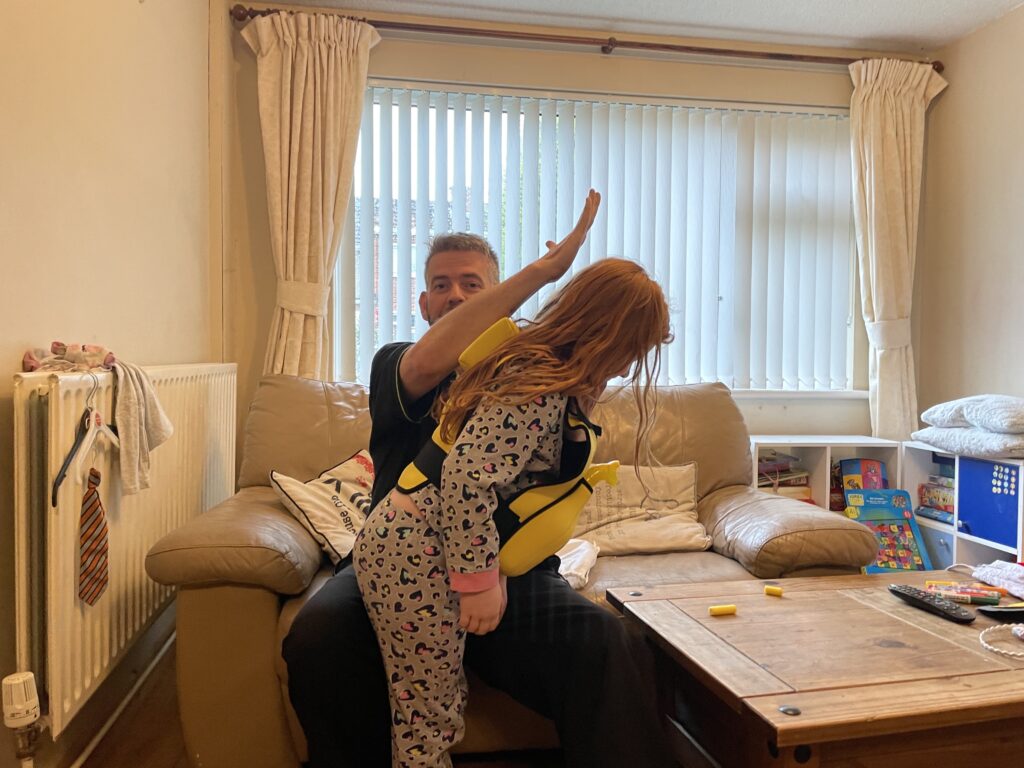
Module 8 Course closure
The course closure allows for any final questions on the course. Also it allows for course evaluations to be conducted and any additional administration. I will also cover delivery times and forms of certificates. Certainly these skills are important. to find out more about this course and other first aid courses click here.
“You can’t change what happens, you can change what you do about it”
danny mccann – mccann training solutions